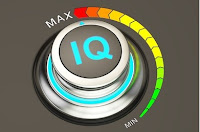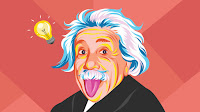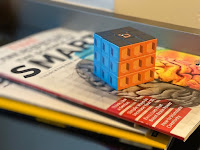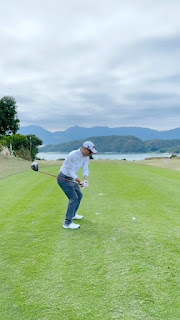What is Genius? Part III - Creativity

Creativity is an elusive concept. Googling the word returns a dozen definitions that seem correct at first glance, but none effectively captures its full essence. I tend to favor simplicity and subscribe to this portrayal: creativity is the ability to create new ideas or things. In some ways, creativity is more complex than intelligence. First it is harder to identify because there are no standardized creativity tests today. While intelligence quotient (IQ) is a household term, there is yet to be a creativity quotient (CQ). That said, answering aye to most of the following questions is a good tell that you may be creative: Do you have a curious mind? Are you open to new experiences? Do you like to take risks? Do you like to daydream? Do you have a rebellious spirit? Are you highly sensitive to the world around you? Do you catch yourself wondering "what if"? Is your workplace messy? Creativity is also less concrete than intelligence because its manifestation canno




